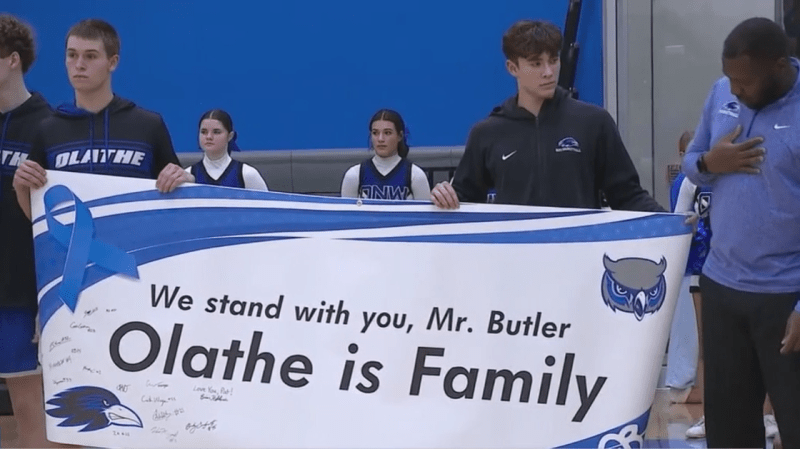
For many, the grief of losing a loved one can linger in unexpected ways. In a poignant exploration of loss, psychologist and assistant professor Sarah Gundle reflects on her experience of maintaining a one-sided conversation with her late friend, Becca, through text messages.
Gundle’s journey began shortly after Becca’s death from stage 4 pancreatic cancer, diagnosed only months before her passing. Despite the finality of death, Gundle felt compelled to reach out, initially sending messages filled with life’s absurdities and personal struggles. She recalls a moment on the subway when she spotted a man dressed as Tweety Bird reading *The Wall Street Journal*, an incongruity that reminded her of Becca’s playful spirit. This prompted her to send a text that marked the beginning of a new, albeit one-sided, dialogue.
In the months following Becca’s death, Gundle continued to text her friend, sharing snapshots of her life, including a double rainbow over the Manhattan skyline and her feelings of loss. Each message was an attempt to keep Becca’s memory alive, creating an emotional lifeline that helped Gundle cope with her grief.
Gundle writes, “Each time I texted her, I would stare at the screen for a moment, waiting for the texts to turn blue.” She acknowledges that to an outsider, this behavior might appear unusual. Yet, for Gundle, it was a source of comfort, a way to express thoughts and feelings she found difficult to share with others. “I think I’m going to sleep with him even though it might end,” she texted Becca during moments of relationship uncertainty, finding solace in the belief that her friend was still listening.
The text conversations ranged from light-hearted updates to profound confessions about her struggles with parenting and her marriage. Gundle admits that Becca had a unique ability to address the uncomfortable truths of their lives, often pushing her to confront her feelings more directly.
The emotional intensity of their friendship is underscored by Gundle’s recollection of Becca’s vibrant personality. “She was a human lightbulb emanating the kind of happiness that leaves everyone who encounters it speechless,” Gundle writes, capturing the essence of her friend’s spirit.
However, the dynamic shifted when Gundle received an unexpected reply to one of her texts after a year of one-sided communication. The message read, “I’m sorry for your loss, but please don’t text again.” This response elicited a complex mixture of grief and anger, leaving Gundle to grapple with the realization that her method of coping may have outlived its usefulness.
Reflecting on this pivotal moment, Gundle recognizes that Becca would have encouraged her to embrace life fully. “You’re still here. You’re still alive — take advantage of it,” she imagines Becca saying, acknowledging how texting had become a crutch for her grief.
In the aftermath of receiving the response, Gundle has paused her messages to Becca. She reflects on the importance of moving forward, not just in her grief but in her life. “I know that she would want me to move on now,” she writes, emphasizing the need to honor Becca’s memory by living fully.
As Gundle shares her story, she invites readers to consider their own relationships with loss and memory. The act of texting the deceased, while unconventional, illustrates a deep human desire for connection and understanding in the face of loss.
This personal narrative, originally published in November 2023, offers a heartfelt exploration of grief, showcasing the complexities of love and memory that endure even after death. Gundle’s experience serves as a reminder that while loss is inevitable, the bonds we form can continue to shape our lives in profound ways.







